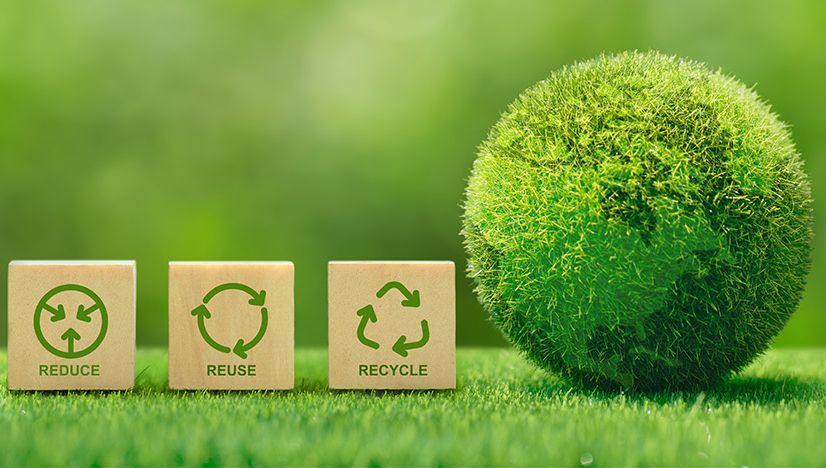

10
Mar
The True Cost of Waste: Unveiling the Hidden Economic and Environmental Impact
Waste is often labeled a “big problem,” but do we truly grasp the magnitude of this issue? Beyond being an environmental burden, waste represents a colossal loss of potential value for individuals, businesses, and the global economy. Let’s explore some eye-opening statistics and uncover how much waste really costs us—and how we can transform this loss into an opportunity.
How Big Is the Waste Problem?
According to the World Bank, the world generated a staggering 2.01 billion tonnes of global municipal waste in 2020. Depending on geographic and socioeconomic conditions, an individual generates anywhere from 0.11 kg to 4.54 kg of waste per day, with the global average being 0.74 kg per person daily. Over a year, this amounts to 270.84 kg per person.
But what does this mean in monetary terms? If this waste were segregated and sold as scrap, the potential value is astonishing. Using conservative estimates, an individual could earn an average of ₹1,563 annually from recycling waste. Globally, this value ranges between ₹232 and ₹9,588 per person, depending on location and waste composition.
The Economics of Waste at a Family Level
While ₹1,563 might not sound like a lot for an individual, think about a family of four. That’s ₹6,252 annually - enough to cover essential groceries for an entire month or more! These are rough estimates based on generalized calculations, but they highlight the immense potential value lost due to improper waste management.
Now, imagine this on a global scale. In 2020, the world collectively lost billions of dollars worth of recyclable resources simply because we didn’t sort and recycle our waste. And this is just the financial side - it doesn’t even begin to account for the environmental costs.
Waste: A Business Perspective
For businesses, the stakes are exponentially higher. Waste is essentially raw material lost - resources that could have been reused or recycled. Based on conservative estimates from platforms like IndiaMART, the potential value of waste to businesses is four times what individuals lose altogether.
But it doesn’t stop there. If these raw materials were processed into new products and reintroduced into the economy, their value would double at the consumer level. Failing to recycle means businesses pay twice:
- By losing the value of recyclable waste.
- By mining new resources - often at a higher cost - which causes environmental destruction and ecosystem disruption.
This vicious cycle not only inflates production costs but also contributes to:
- Loss of biodiversity.
- Increased landfill emissions, polluting air, water, and soil.
- Climate change, leading to natural disasters that cost trillions annually in damages.
The Global Economic Impact of Waste
Globally, the economic loss due to waste is estimated at $5 trillion annually, a figure greater than the combined market value of the top tech giants.
But this isn’t just about money. It represents a missed opportunity to build a debt-free society and reduce our reliance on natural resources. Consider this:
- The mountains of legacy waste sitting in landfills today could be transformed into legacy wealth for future generations if we recycle and repurpose them.
- By properly managing waste, we could turn these heaps of trash into valuable resources, helping not only the environment but also the economy.
Imagine a world where waste segregation becomes the norm. By doing so, we could address both waste mountains and global debt, creating a sustainable, circular economy.
The Way Forward: Why Waste Segregation Matters
The solution begins with individual action. Sorting waste is not merely a task for governments or organizations—it’s something every person can do. By segregating and recycling waste, we:
- Save resources.
- Reduce pollution.
- Lower the cost of raw materials for businesses.
- Contribute to climate action.
Time to SORT Your Waste
At SORT Consultancy, we believe in turning challenges into opportunities. By implementing efficient waste management strategies, businesses and individuals alike can:
- Save costs.
- Reduce their carbon footprint.
- Unlock untapped value from waste.
Together, we can transform waste into wealth and leave behind a cleaner, healthier planet for our children. Contact SORT Consultancy today to learn how we can help you take a step toward a sustainable, circular economy.


